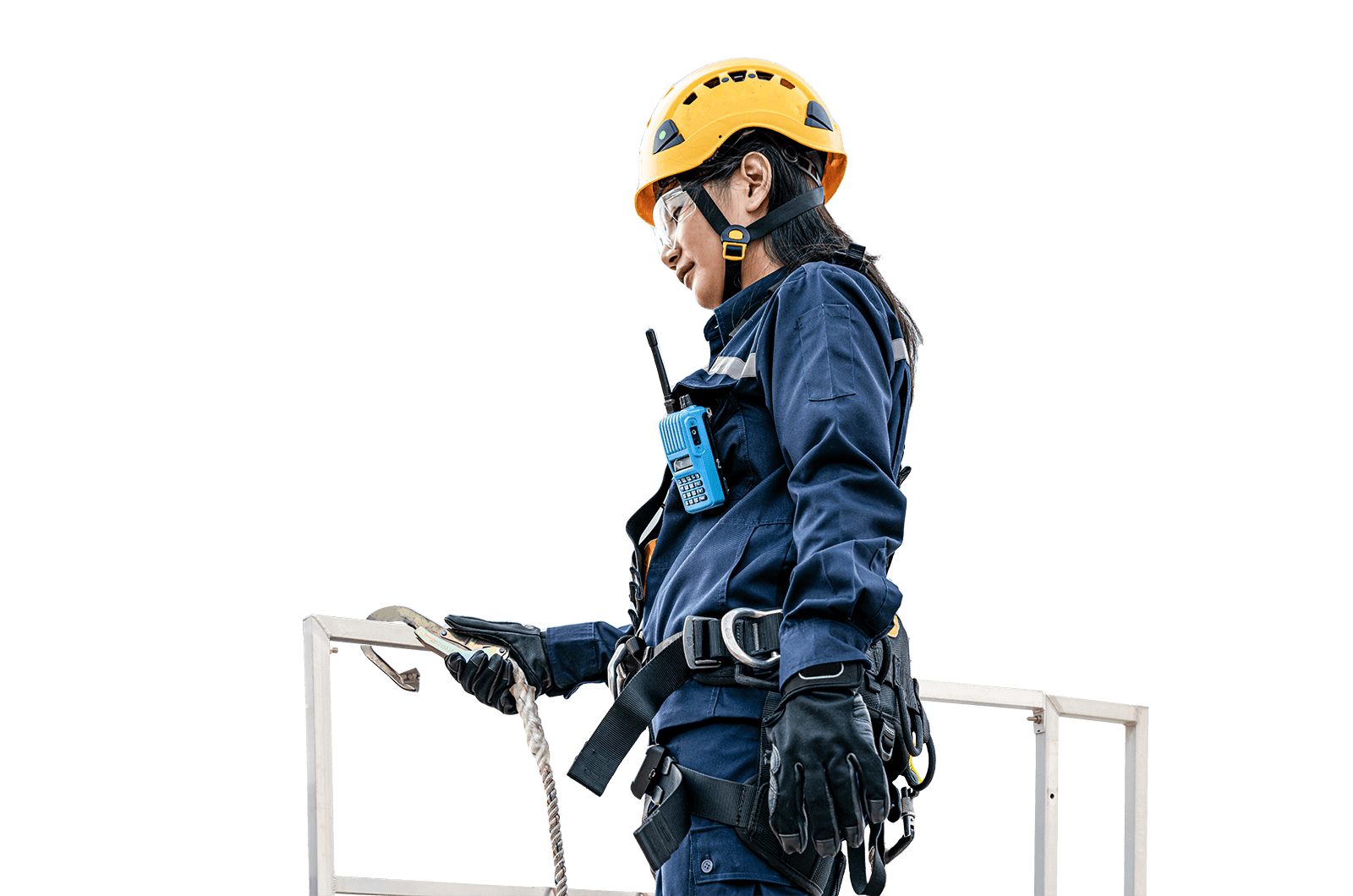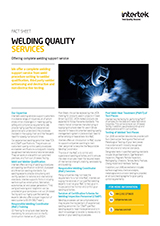We can provide the services of a Responsible Welding Coordinator (RWC) to help you comply with the mandatory regulation of CE marking for structural steel.
CE marking for structural steel became mandatory for products sold on the EU construction market as of July 2014. Under the regulation, all companies that manufacture or supply structural steel for the EU are required to have a documented welding quality management system in place and will need to either employ or have access to a RWC.
The role of the RWC is to control and supervise all welding activities, and ensure the steel structures meet the adequate levels of mechanical resistance, stability, serviceability and durability.
BS EN 1090-2 sets out four execution classes for structural steel and they are based on the intended use of the structure and how critical it would be if it failed. The higher the execution class, the more stringent the quality criteria. Companies that undertake EXC 2, 3 and 4 welding activities require a RWC.
Execution class and type of work undertaken:
- EXC 1 - Agricultural buildings
- EXC 2 - Buildings – residential or commercial structures
- EXC 3 - Bridges
- EXC 4 - Special structures (long span bridgeworks, power stations etc)
However, many companies may not need to employ or have the requirement for a full-time RWC, and would benefit from the potential cost savings of hiring a RWC only as and when required.
Intertek can supply the services of a RWC to oversee and control your welding activities.
The RWC will look at:
- Tender launches and catch onerous requirements of contracts
- Proofread contracts
- Visual inspection and non-destructive testing of welds
- Ensure personnel work to procedures and are suitably qualified
- Materials verification
With our RWC services, you can be confident that you are compliant with the 2014 mandatory regulation of CE marking for structural steel.
RWC training
Intertek offers a RWC course to support companies wanting to train their personnel to become the Responsible Welding Coordinator for their company and to comply with the 2014 mandatory regulation of CE marking for structural steel. Our Total Quality Assurance course is aimed at personnel within the structural steel industry such as welders, welding inspectors, managers, supervisors and quality assurance.
The two-day RWC training course covers the duties and requirements of a RWC for execution classes 1 and 2. Our course is accredited by a number of nominated third party accreditation bodies including: BM Trada; ISOQAR; LRQA (Lloyd’s Register Quality Assurance); BBA (British Board of Agrément); BSI (British Standards Institute).
At the end of the course, there is an examination and the candidate is accredited by the nominated third party body upon successful completion of the exam. If required, our trainers can also perform a gap analysis to assess a candidate’s working knowledge of welding and weld procedures before accreditation.
Course topics include:
- CE marking explanation
- Introduction to basic metallurgy
- Welding principles and processes
- Consumables and gas selection
- Pre-heat applications and calculating the requirements
- Procedure (PQR) WPS/Welder Qualification in accordance with EN15614-1 and EN 287-1
- Components of welds and weld symbols
- Non-destructive testing overview and destructive testing to meet the requirements of EN15614-1 and EN287-1
- Visual inspection of welds and defect type identification including hold time requirements
- Work in accordance with acceptance/rejection criteria’s (NSSS 5th edition – CE marked) and BS EN ISO 5817
The RWC training is delivered by Intertek’s welding experts, who are qualified EWS/IWS (European Welding Specialist/International Welding Specialist) and PCN Level 3 in Visual Inspection. We can provide the course at our customer’s premises or on site at Intertek’s premises in the UK.

